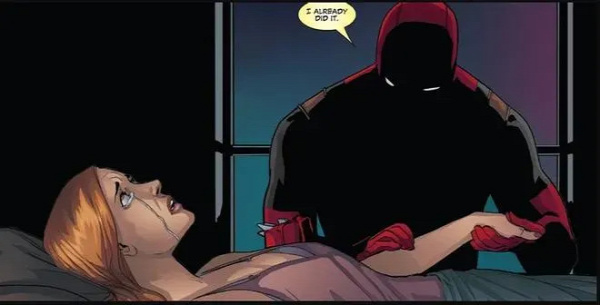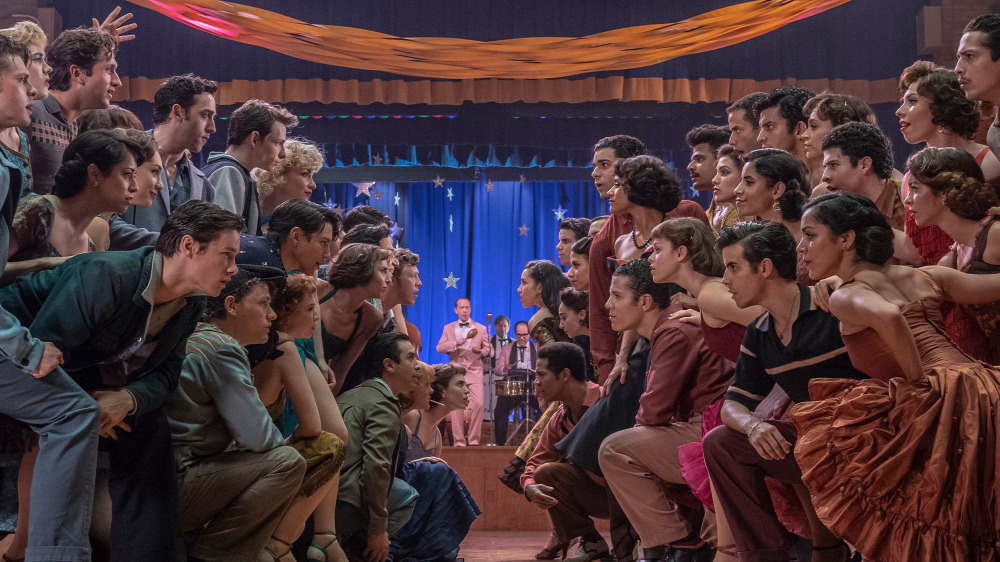The popularity of Deadpool in recent years has made many see the Marvel character as the main representative of the publisher's humor. But the anti-hero, in fact, is much more violent and unscrupulous than his current popular image actually shows, as narrated in some comic books.
Wade Wilson's true nature is exemplified in the Despicable Deadpool series, when during an arc, to pay off his debt to the villain Stryfe after he saved his daughter, Ellie, from a deadly virus, the Marvel anti-hero is forced to kill four people chosen by the antagonist.
The first target Stryfe chose was Cable, his main enemy. Deadpool makes the request, taking advantage of the villain's failure to specify which version of the mutant hero should be murdered, traveling back in time and killing Scott Summers' son in his old age.
Stryfe then passes the next three targets to Deadpool in Despicable Deadpool #295: Irene Merryweather, a reporter for the Daily Bugle and Cable's friend, Kid Genesis, a young mutant who is a clone of Apocalypse and who Wilson became very close to during the war. Fabulous X-Force magazine, and Marietta Nelson, an innocent woman with no connections to the heroic Marvel universe.

Deadpool kills the two women, and creates a whole plan to keep Kid Genesis alive, starting with a non-lethal injection that simulates the young man's death - a fact that exemplifies who Wade Wilson is. He is faithful and protects his allies, without a doubt, but in a situation where innocents were killed, he never thought he could use the same method that saved his friend with Irene Merryweather or Marietta Nelson.
This moment serves as one of the main examples of what many writers interpret as Deadpool's moral code: he doesn't protect or save people out of heroism, but for reasons, let's say, "less noble" and more selfish, even if it's out of loyalty to his other colleagues. This was also explored in the Secret Empire saga, when Captain America, then a Hydra soldier, asked Wade to kill S.H.I.E.L.D. agent Phil Coulson—a request the mercenary accepted without questioning the Sentinel of Liberty.
In the end, the funny Deadpool ends up falling far short of Marvel's champions in terms of heroism, becoming a shadow of what's expected of heroes in this universe - although that doesn't affect his popularity in the real world, especially considering the opinions from the mercenary movies.

